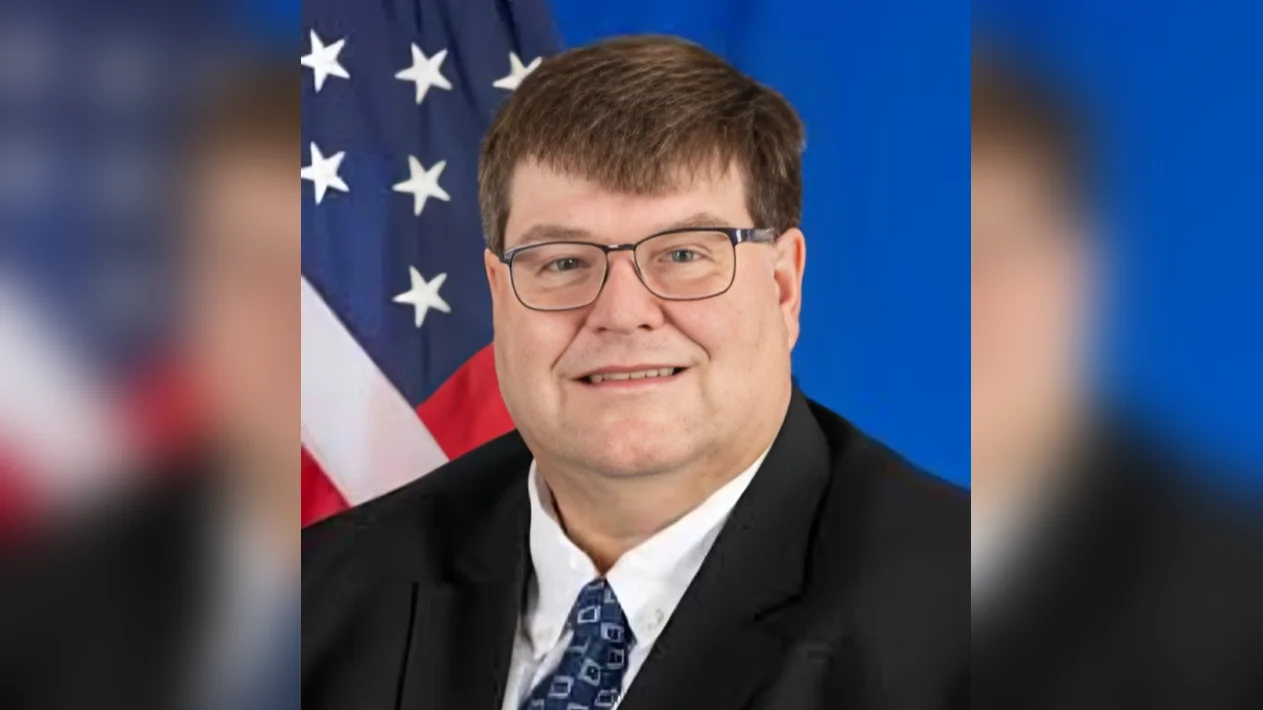The United States and Sierra Leone marked the official handover of the National Parasitic Diseases Laboratory and Training Center, a new facility aimed at strengthening public health infrastructure and combating parasitic diseases in the country.
Speaking at the event, a U.S. representative highlighted the significance of this development. "I am honored to stand before you today as we celebrate the official handover of the National Parasitic Diseases Laboratory and Training Center. This moment marks a significant milestone in Sierra Leone’s ongoing efforts to combat parasitic diseases and strengthen public health infrastructure."
Since 2017, the U.S. government has contributed $108 million to its partnership with Sierra Leone to fight malaria. According to the speaker, these efforts have resulted in notable progress: "Together we have achieved remarkable progress, including reducing malaria prevalence among children under five from 40 percent in 2016 to 22 percent in 2021. These achievements are a testament to the dedication and collaboration of the Ministry of Health, the U.S. President’s Malaria Initiative, and other partners."
The Central Public Health Reference Laboratory has played an important role as Sierra Leone's national laboratory, responding to public health emergencies such as Ebola virus outbreaks, COVID-19, and tuberculosis. The U.S., through AFRICOM, has provided both financial and technical assistance over several years to improve this laboratory's capacity.
In response to challenges with malaria diagnosis and treatment, a Humanitarian Assistance grant was applied for by the U.S. President’s Malaria Initiative team in Freetown in 2019. The application was unique on the continent: "This application was the only one in Africa selected for support, underscoring the unique opportunity to make a lasting impact in Sierra Leone." Although construction faced delays due to COVID-19 restrictions, work began with support from the Army Corps of Engineers in 2024 and culminated with today’s completion.
The new laboratory is expected to enhance disease-fighting capabilities for Sierra Leone’s Ministry of Health. It will address persistent issues such as malaria—an illness that continues to affect over two million people annually across Sierra Leone—by providing improved diagnostic tools, medicines, and prevention resources like insecticide-treated nets.
"This laboratory and training center is not just an investment in Sierra Leone’s future—it is an investment by the American people in global health security," said the representative. "By helping Sierra Leone build its capacity to combat malaria and other parasitic diseases, we are also advancing our own interests. A healthier Sierra Leone means a more stable and resilient partner in West Africa, a region critical to U.S. security and economic priorities."
The United States reaffirmed its commitment: "The United States remains committed to leading the fight against malaria and other global health threats. Our joint efforts in this regard reflect the power of partnership." The speaker concluded by calling for continued collaboration toward eliminating malaria: "As we celebrate this achievement today, let us also reaffirm our shared commitment to the goal of Zero Malaria. Together, we can build a future where no child suffers from a preventable disease, where communities thrive, and where the bonds between our nations grow even stronger."

